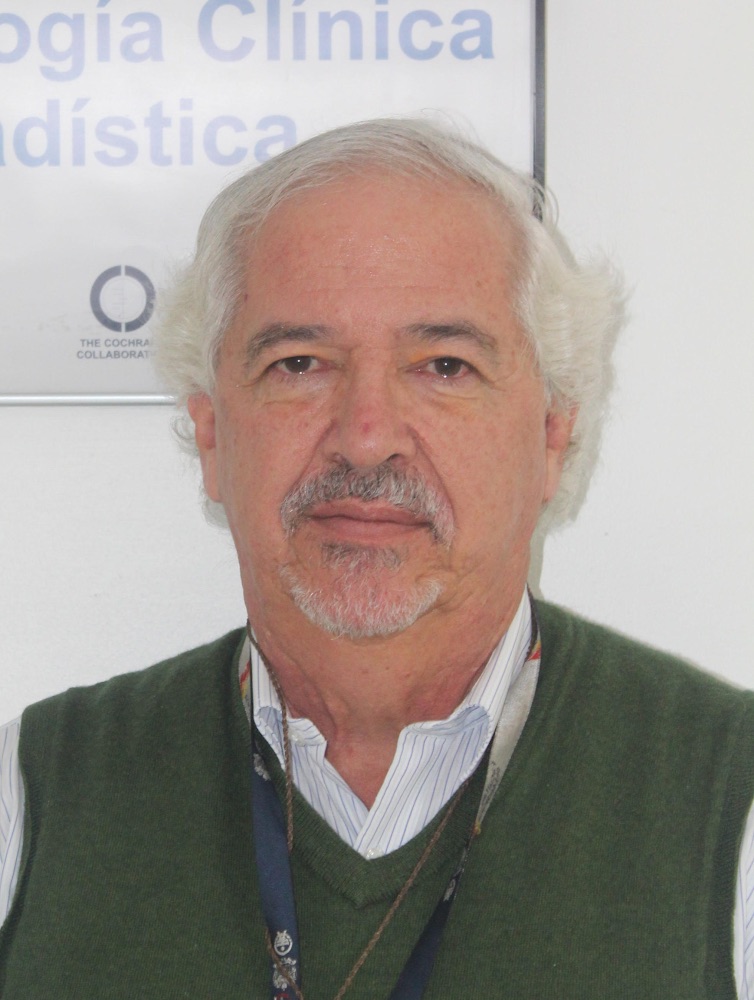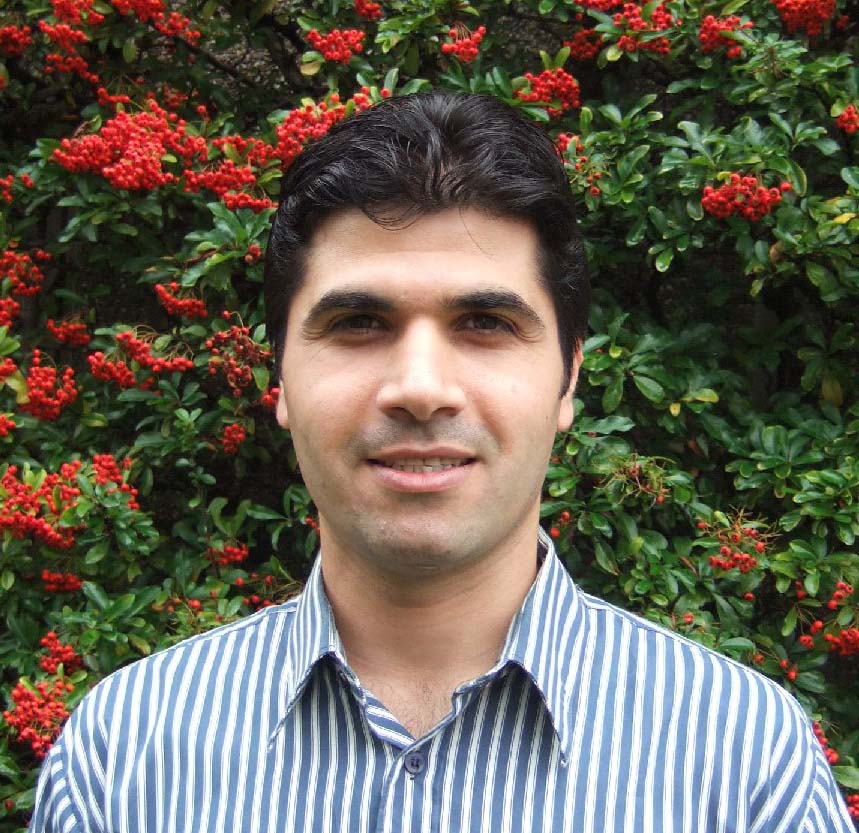Not a member? Click below to become an ISPOR member
About the Award
The ISPOR LMIC (Low- and Middle-Income Countries) Health Economics and Outcomes Research Excellence Award recognizes individuals with demonstrated outstanding research achievements in the area of health economics and outcomes research in LMICs (as defined by the World Bank).
Criteria:
Nomination Process:
Nature of the Award:
The recipient will receive the award at the Awards Ceremony at the ISPOR Conference. The recipient will receive the following:
- A complimentary registration to the ISPOR Conference
- Travel and Accommodation expenses to the ISPOR Conference, per the ISPOR Travel Reimbursement policy
- A complimentary ISPOR membership for a year
- An unrestricted grant of $5000 USD
Recipients of the LMIC Health Economics Outcomes Research Excellence Award
.jpg?sfvrsn=eac788b0_1)
Professor of Health Economics and Clinical Pharmacy; University of Jordan; Amman, Jordan
2025 - Eman Hammad, PhD
Dr. Eman A. Hammad is Professor of Health Economics and Clinical Pharmacy at the University of Jordan-school of Pharmacy and the Vic Director of the Institute of Public Health at the University of Jordan.
Dr. Hammad’s research focuses on health economics and evidence-based policy, with particular contributions to hospital and health system costing and has directly informed national strategies on UHC, HTA institutionalization, and public cost containment strategies.
She co-developed Jordan’s first Master’s Program in Health Economics and Health Policy, advancing capacity building in HEOR for Jordan and other LMICs.
In addition to her academic leadership, Dr. Hammad serves as a local key Expert providing technical expertise supporting leading international aid organizations including the World Bank, WHO, USAID, and the European Union Delegation to inform policies and system strengthening initiatives.
She is the founder and leader of the Health Economics and Health Policy Research Group in Jordan, which advances interdisciplinary research, policy analysis and foster regional and international collaborations across LMICs.
.jpeg?sfvrsn=57dd8314_1)
Professor, Universidad of Cartagena, Cartagena, Colombia
2024 - Nelson Rafael Alvis-Guzman, MD, PhD
Dr Nelson Alvis-Guzman has been Professor and Director of the Health Economics Research Group (GIES, in Spanish) at the University of Cartagena, Colombia since 1997. The GIES was selected in 2010 as a center of excellence for the evaluation of new vaccines by the PAHO/WHO ProVac initiative, funded by the Bill and Melinda Gates Foundation.
Professor Nelson published one of the first cost-effectiveness analysis of vaccines in Colombia in 2005. With over 30 years of dedicated research, he has consolidated a career as a senior researcher with one of the highest Google Scholar H-indexes in public health, epidemiology and health economics in Colombia and the region (H-index = 93). He is also a member (senior collaborator) of the Global Burden of Disease network of the Institute of Health Metrics at the University of Washington. In this network, he has co-authored many studies on the burden of preventable and noncommunicable diseases.

Vice Head of Department of Health Economics, Hanoi Medical University, Hanoi, Vietnam
2023 - Bach Xuan Tran, PhD
Dr. Bach Tran, Vice Head of Health Economics at Hanoi Medical University and Adjunct Professor at Johns Hopkins University Bloomberg School of Public Health, specializes in decision analytic modeling for health technology and policy development.
His extensive research experience spans global health threats in Asia, emphasizing cost-effective interventions, health service assessment, and system strengthening, particularly in HIV/AIDS, substance use, mental health, and the COVID-19
pandemic.
Dr. Tran received a PhD in 2011 in Health Services Policy from the University of Alberta, Canada, followed by a 2013 postdoctoral fellowship at Johns Hopkins University and a 2023 Habilitation from Aix-Marseille University, France, Dr. Tran's expertise is internationally recognized. He's named a 2022 Highly Cited (Top 1%) Researcher by Clarivate, a runner-up for the 2022 APEC Research Prize on Healthy Women, Healthy Economies, and the recipient of the 2022 Rising Star of Science Award from Research.com.

Professor of Health Economics, Pontificia Universidad Javeriana, Bogotá, Colombia
2022 - Diego Rosselli, MD

Associate Professor, Biostatistics, American University of Beirut, Beirut, Lebanon
